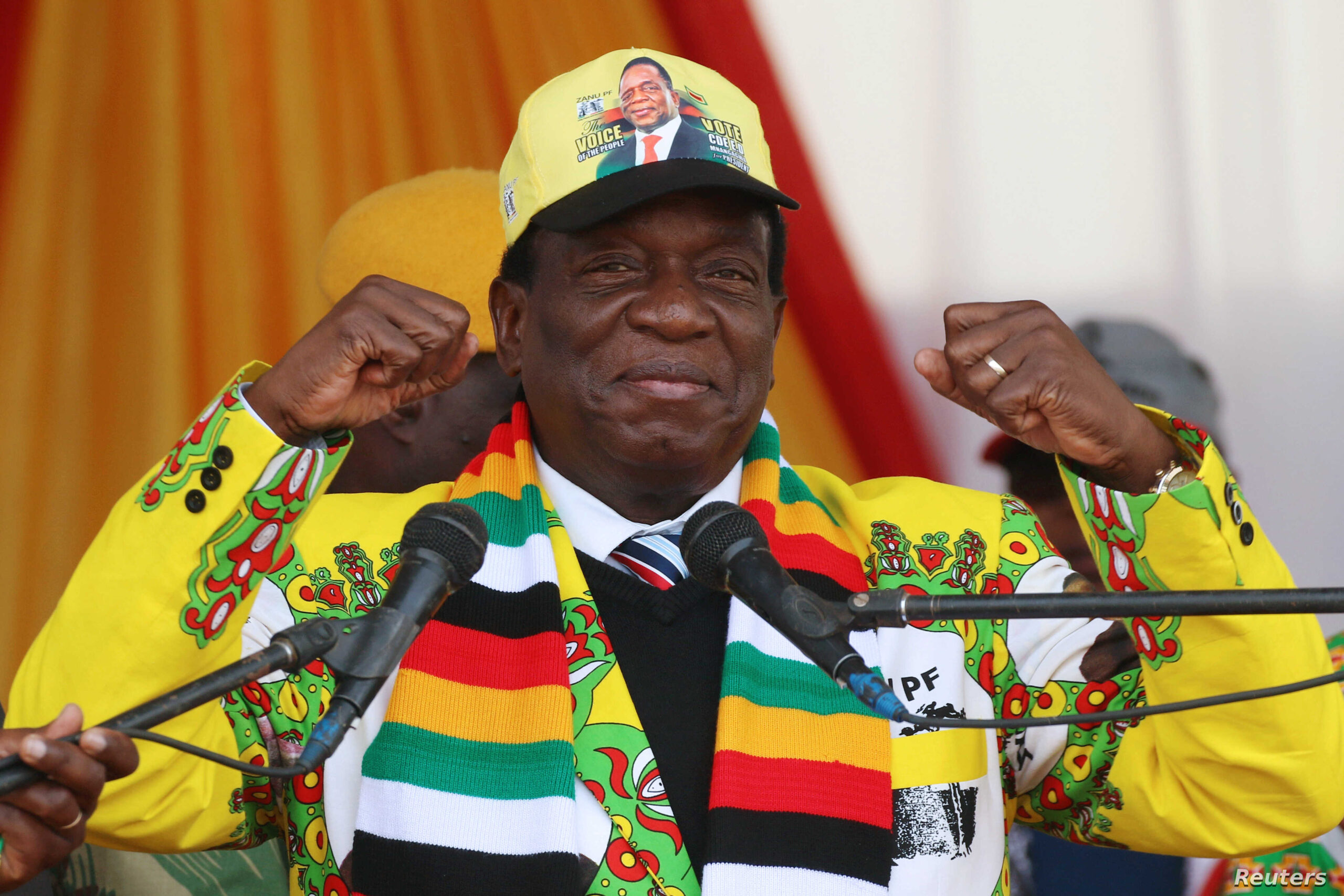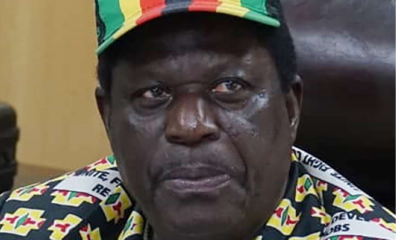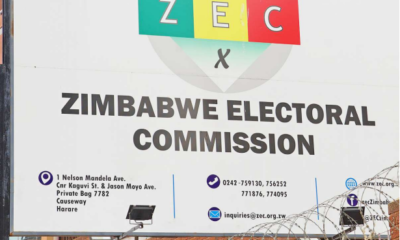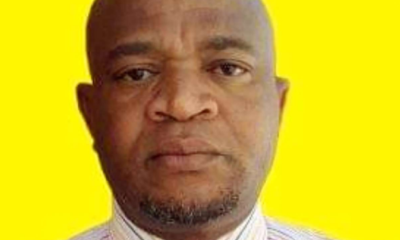…pay workers living wages, says CCC
…remove sanctions first, Zanu PF responds
THE ruling Zanu PF says the opposition Citizens’ Coalition for Change (CCC) should call for the removal of sanctions first before advocating living wages for restless civil servants who have declared incapacitation for over three years citing poor remuneration.
MOSES MATENGA
Upon their return to Parliament this week, CCC members of Parliament have pressed for better remuneration for government workers, saying what they were getting from their employer was despicable.
Harare East MP Tendai Biti quizzed the leader of government business in Parliament who is also the minister of Justice, Legal and Parliamentary Affairs, Ziyambi Ziyambi, on what the government was doing to cushion its struggling workers against the abject poverty many are finding themselves in.
“The cost of living is rising exponentially. The cost of basic commodities like cooking oil, bread, milk and rentals is rising. Equally, the consumer basket has now gone up. For a family of six, it is now in excess of ZW$120 000,” Biti said.
“Only yesterday the official exchange rate was 145, but the parallel market rate is now close to 300. What are you doing to the plight of civil servants, teachers, nurses, doctors, judges, magistrates, bus drivers, Speaker of Parliament, Clerk of Parliament, staff at Parliament, MPs who continue to have their salaries being eroded by the rambunctious inflation and the depreciation of the Zimbabwean dollar?” Biti asked.
Biti questioned why the government is not dollarising salaries in line with calls by workers who are fighting for US$540, the pre-October 2018 salary.
Zanu PF chief whip Pupurai Togarepi interjected Biti’s speech, flagging the sanctions issue. He said Biti and the opposition had contributed to the government’s failure to pay adequately after campaigning for Western sanctions.
Ziyambi then said: “What we are alive to is that thefundamentals that have to support our dollar are there but because we have a situation in this country whereby we have sanctions and those sanctions directly attack our currency, we will continue with the policies that we are making to ensure that we strengthen our currency and review the salaries of our civil servants.
“We will continue to soldier on despite the fact that those that are calling for the return of the United States dollar are the ones that made sure that we suffer so that they can scream on top of their voices.
“The effect of sanctions is to ensure that the people suffer. If you take, for instance, any country and you compare it with Zimbabwe in terms of ease of transacting with the whole world, if you do a business transaction in Zimbabwe, for example you send money to China and somebody in Zambia sends to the same company, money from Zimbabwe will take a week or two and from Zambia it takes two days,” Ziyambi said.
“My call to him (Biti) is, if you want us to pay decent salaries, let us have a level playing field whereby we can trade equally with anyone and our economy will be able to pay all our civil servants comparable to anyone in the world.”
Norton MP (Independent) Temba Mliswa however, rubbished the sanctions excuse, saying it was an attempt by the government to hide behind a finger.
“The President in the Second Republic said that Zimbabwe was open for business. I am sure the aspect of sanctions was factored in. We talk about a US$12 billion economy in terms of the mining sector, withstanding sanctions. If we go back on sanctions, I do not think we will make progress at the end of the day. The truth of the matter is that, notwithstanding sanctions, we have come up with a roadmap which should make sure that there is transformation,” Mliswa said.
“The President at no point has he even spoken about sanctions. He has continued to advocate for transformation through our resources that we have, resource mobilisation. The question here is pertinent in saying that Vision 2030 is also premised outside sanctions. So, I do not see the Vision 2030 where the President says with sanctions – no he leaves them out knowing very well they are a hindrance. The hindrance has not stopped us from breathing.”
Zimbabwe is losing thousands of qualified workers every month to greener pastures mainly in Europe and other economically stable African countries.




















